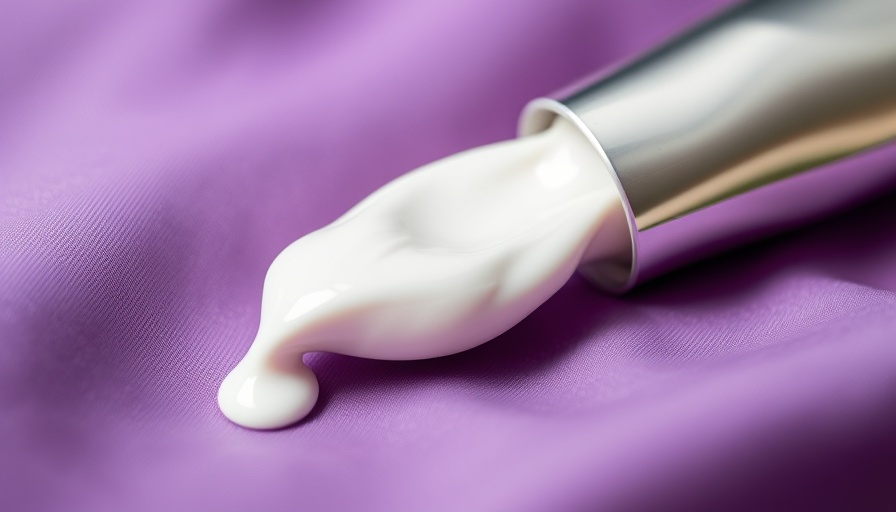
Breakthrough Relief for Prurigo Nodularis Sufferers
For individuals battling the relentless itching of prurigo nodularis (PN), the recent results from the phase 3 TRuE-PN clinical trial bring a spark of hope. The trials highlight the effectiveness of ruxolitinib (Opzelura) cream 1.5%, a topical JAK inhibitor previously approved for conditions like vitiligo and atopic dermatitis. Incyte Pharmaceuticals has spearheaded this research, demonstrating that the twice-daily application can significantly reduce the distressing symptoms associated with PN, which often severely impacts patients' quality of life.
Understanding Prurigo Nodularis
PN is an inflammatory skin disorder characterized by raised, itchy nodules that can appear anywhere on the body. The constant itching and discomfort can lead to a challenging cycle of skin damage from scratching. As Dr. Jim Lee emphasizes, “PN is a challenging condition characterized by intensely itchy nodules that significantly impact patients' quality of life.” This context underscores the importance of innovative treatments like ruxolitinib that can offer substantial relief.
Impressive Clinical Trial Outcomes
The TRuE-PN1 study found that 44.6% of patients showed a ≥4-point improvement in itch severity after 12 weeks of treatment with ruxolitinib compared to 20.6% on placebo. Additionally, notable improvements were seen as early as day 7, showcasing the cream's rapid action. The trials also revealed satisfying safety profiles, ensuring that patients can trust the innovative option.
Future Implications for Treatment
What does this mean for the future of treating prurigo nodularis? The positive trends observed in secondary endpoints establish ruxolitinib cream as a potentially game-changing therapeutic option for PN patients. With further data from the ongoing TRuE-PN2 trial slated for presentation at an upcoming scientific meeting, the dermatology community eagerly anticipates continued developments in this space.
How This Affects Patients
The integration of a topical JAK inhibitor into treatment regimens could be transformative for many, potentially preventing the discomfort and emotional distress that often accompany chronic itch conditions. Patients searching for effective solutions and hopeful families supporting loved ones can be encouraged by these promising findings.
In conclusion, as research continues to unveil new treatment possibilities, those dealing with skin-related challenges should remain informed about emerging therapies like ruxolitinib cream. Such advancements can lead to enhanced quality of life and bring much-needed relief.
 Add Row
Add Row  Add
Add 




 Add Row
Add Row  Add
Add 

Write A Comment